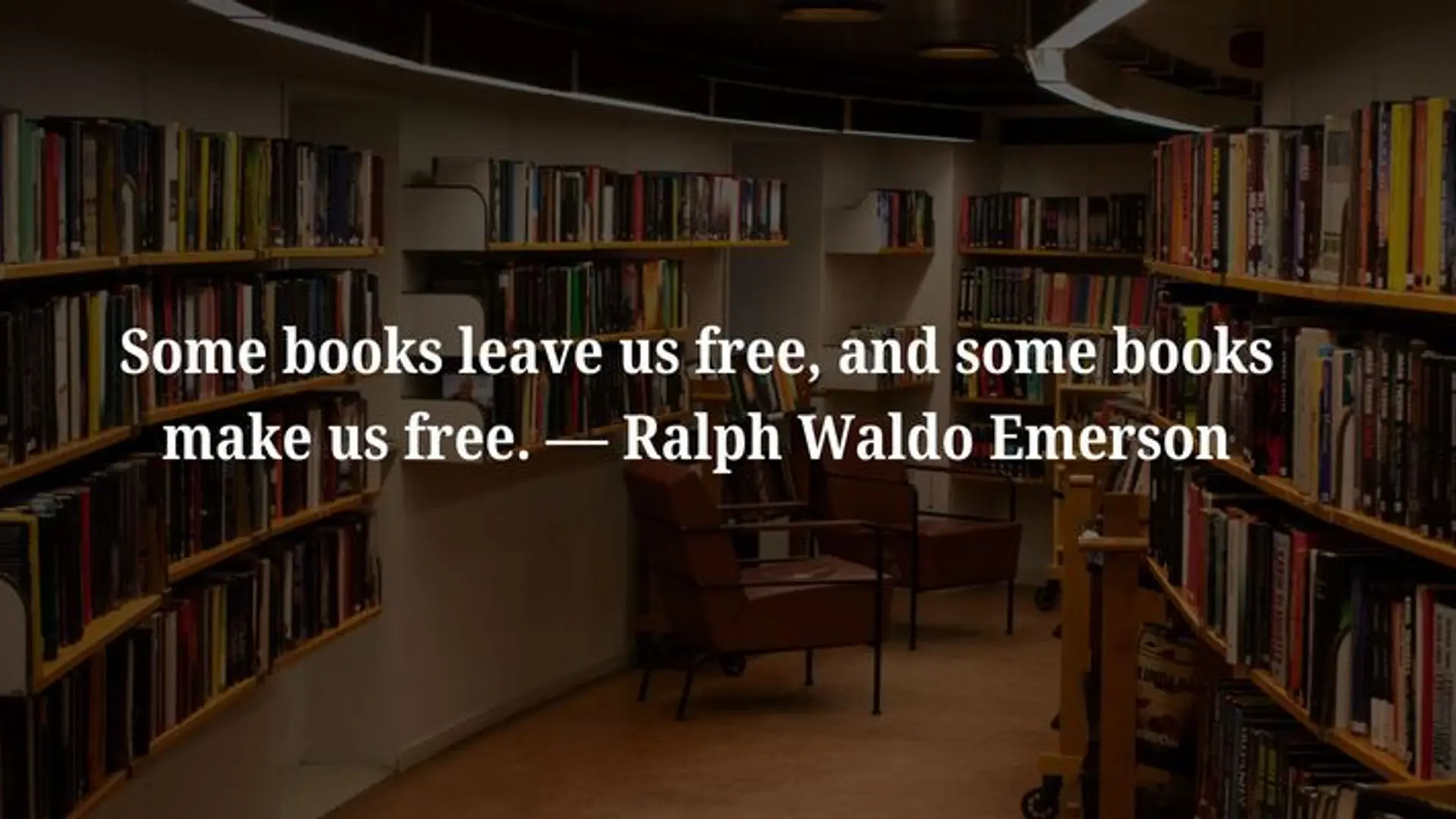Is the Sarahah app missing the point?
Behaviour change needs the willingness to change. This is what anonymous feedback misses.
The new internet sensation is an app called Sarahah (Arabic for honesty). The app, launched in February 2017, was designed to allow users to submit 'honest' comments, questions, and critiques to their peers. It has risen to the top of the charts for app downloads. So a lot of people are using it to give anonymous feedback to a bunch of unsuspecting folks.

Sarahah does not offer informed choice
For starters, whenever someone starts to play the honesty card, their own actions come under scrutiny. Currently, the app is under fire for secretly harvesting the address books of the users. Sarahah said that they were planning to introduce a feature that needed the contacts. That feature launch has been delayed. As a response to the protests about sneakily acquiring your address list, Sarahah will remove the address upload feature with the next update.
Anonymity brings out the dark side
Twitter user @Cowtuk was spot on when he said, “Sarahah: basically an app where you can hit enter on all those comments you would have otherwise backspaced.”
Teenagers have written anonymous letters to teachers and classmates because they wanted to say something they did not have the guts to say to them in person. Of course, whistleblowers have always had to ring the alarm bell in anonymity. The powerful vested interests often swoop down to silence the critics.
The TOR browser was created by the Naval units to allow secure communication.
Its website claims: “The Tor software protects you by bouncing your communications around a distributed network of relays run by volunteers all around the world: it prevents somebody watching your Internet connection from learning what sites you visit, it prevents the sites you visit from learning your physical location, and it lets you access sites which are blocked.”
It is used by dissidents to communicate with the free world. Rebels and refugees find it a way to communicate securely without getting traced. So do drug dealers and criminals. The Dark Web protects the identities of the users and thus allows the creation of a marketplace of vice. Bullying and harassment happens.
Technology is value-neutral. Humans are not. That is why what they choose to do with technology changes depending on who is using it and who is being affected by it.
Feedback needs context
We filter all the feedback we receive. We filter it based on what we believe is the motive of the person giving feedback. Feedback from a loved one or a trusted person impacts us disproportionately. Even a stranger’s feedback can have sharp impact when we know that the person giving the feedback has no axe to grind.
When people receive 360-degree feedback (much of which is anonymous), we spend time figuring out who could have said what. That is just human nature. It helps us put the feedback in context. Anonymous feedback does not drive change in individuals. It works for organisations. But that is not Sarahah’s target audience. It is aimed at colleagues and friends.
When I am told that I need to be a better listener, it helps if I can go up to the person and get examples of poor listening that I have exhibited. Behaviour change needs willingness to change. This is what anonymous feedback misses. When the same feedback is expressed in vitriolic terms, people mentally reject it as being biased. So they do not feel the need to change. We give (relatively) honest feedback to people we care about. Anonymity defeats the possibility of change.
(Disclaimer: The views and opinions expressed in this article are those of the author and do not necessarily reflect the views of YourStory.)







